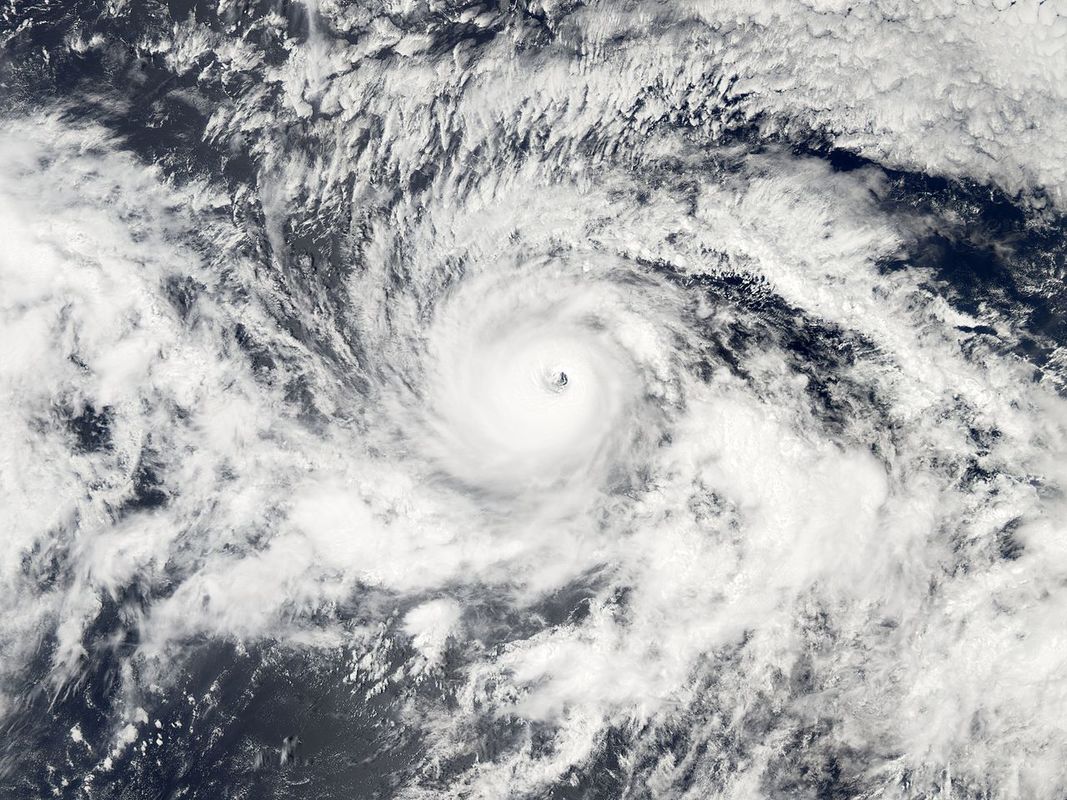I have a family member and professional contacts in the area that was hit hardest by the hurricane, as well as some clients who are in substance abuse treatment in Florida. Luckily the substance abuse programs have assured me that “we have been through this before and have a safe evacuation plan.” One of my family members and a few friends chose not to evacuate.
So, what can you do if you have family or friends that have decided to stay put and ride out the storm? Major disasters can impact those close to people in the disaster zone, as it may be hard to communicate with loved ones and we often cannot get to them given the conditions and distance.
More and more research and information is being published about long-term consequences on those impacted directly by disasters. However, it’s also important to look at how the community and loved ones can help lessen the long-term impact on those affected.
After my community was impacted by superstorm Sandy, I looked at research on how people cope for the months and years after such an event. I also examined why some people chose to stay in their home or community when they know the risks. Sometimes we write those people off as being misinformed, silly, or lacking the resources to leave. However, those people who survived Katrina and Sandy would beg to differ.
Many felt that the way the events were portrayed and how they, the residents, actually experienced the disaster, were quite different. Some wanted to stay to protect their home and property from crime and looters. Others felt that leaving was the “easy way out” and they would be abandoning their neighbors and communities in doing so. They wanted to stay to connect to others, help their community, and receive help themselves.
“Just because I refused to leave, doesn’t mean I wasn’t proactive,” was a common theme that I heard, when I counseled individuals and companies after superstorm Sandy.
Some people felt that they were not getting accurate information or questioned some of the information, as different news sources said slightly different things. Therefore, this led them to consider more carefully whether they needed to leave their homes. If the person lived in an area that was not designated as “mandatory evacuation,” many felt that the choice was theirs and theirs alone.
If a loved one decides to stay and is impacted by a disaster, the best thing to do is to respect their choice and find out how you can assist, whether you live close or far away.
This will keep the lines of communication open, and the person impacted will feel that you respected their choice. Additionally, it will make it easier for your friend or loved one to recover and feel like they were supported.
Many of us stand by trying to support friends and family who stay in situations that are destructive or not in the person’s best interest, such as a job or relationship. Supporting a person’s decision to stay or evacuate following a disaster is no different.
Kay Gimmestad, LCSW-C is a business coach and clinician in New York City with 20 years of experience working in the profit and not for profit sectors of Human Resources, Health and Human Services. She has built a reputation for being highly skilled in facilitating behavior change while working with employees, both individually and in groups, on matters relating to performance management, substance abuse, crisis intervention, and stress/wellness.

 RSS Feed
RSS Feed
